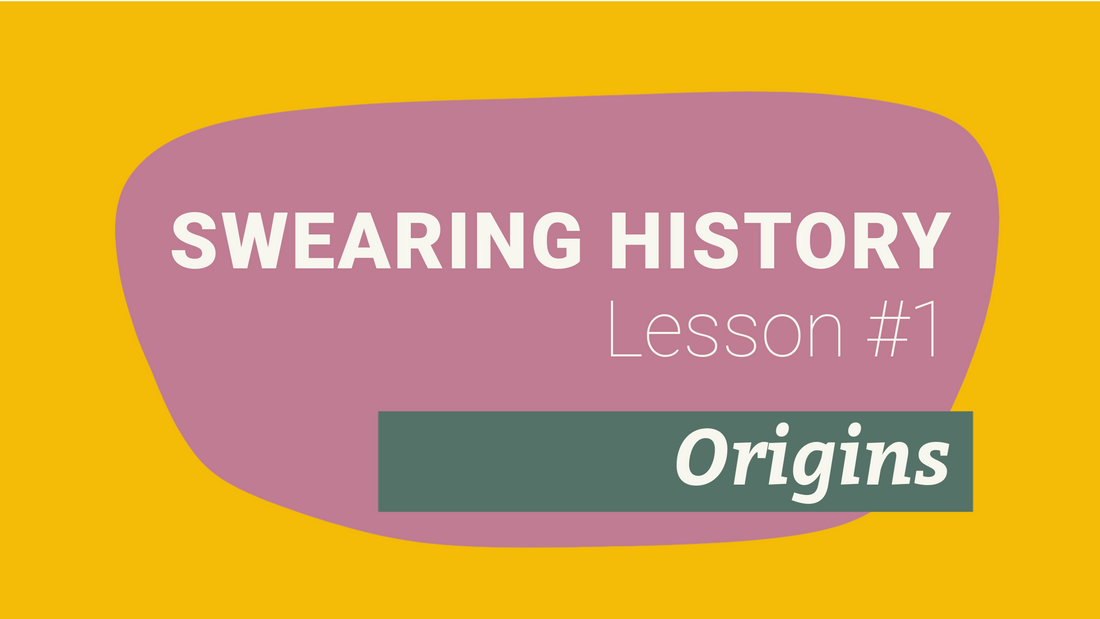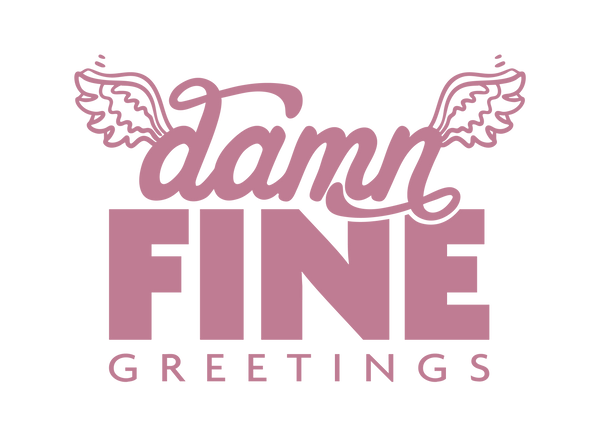
What are the origins of swear words / curse words, and why are some words taboo?
Share
Swearing is as old as language itself.
Whether it's shouting 'shitholes' to stem the pain when you stub your toe.
Or whether it's used for emphasis to make a point, such as 'you glorious bellend', to celebrate a friends' brilliance.
However, swear words carry emotional weight. They get beeped out in songs and can be troublesome for some people, yet hilarious for others.
But where do swear words or curse words come from?
Why do some become taboo?
And how has our relationship with swearing changed?
Where do swear words come from?
Most swear words have deep historical roots, often tied to religion, sex, or body parts or bodily functions. For instance:
Religious oaths like “damn” or “hell” originated from religious blasphemy. These swears were considered deeply offensive in Christian and other religious societies.
Sex-related terms and words for body parts often became taboo because of cultural taboos around sexuality and modesty.
Scatological words relate to bodily functions, such as 'shit' or 'piss. These became socially unacceptable as norms around cleanliness and hygeine evolved.
Many of today's modern swear words were once everyday, non-offensive words. They became offensive and taboo as societies changed and attitudes shifted.
Why Some Words Become Taboo
Words become taboo not because of their meaning alone, but because of social and cultural contexts.
Swear words often serve as linguistic markers for what a society considers sacred or shameful. They're tied to power, emotion, and identity — which is why they can be both powerful and offensive.
Taboo words often reflect societal boundaries. In medieval times, blasphemy was worse than profanity. In more recent centuries, sexual and racial taboos have defined what’s considered unspeakable.
Changing Fashions in Swearing
Swearing has evolved dramatically. Here are the main big shifts summarised:
Medieval and Renaissance eras - 5th - 15th centuries
Religious swearing, e.g., “by God’s bones”, were shocking curse words. The Norman invasion of Britain meant that every day Anglo Saxon words were deemed offensive by the French speaking
18th–19th centuries
Victorian morality shifted taboos and swear words toward bodily and sexual references.
20th century onward
As societies became more secular, old blasphemies lost their sting, and sexual or identity-based slurs became more offensive.
In today’s digital, multicultural world, swearing is often more about the context in which they are used than the content.
Words that were once unprintable now appear in mainstream media, while new sensitivities — around race, gender, and mental health — shape modern taboos.
Final Thoughts about swearing and taboo words
Swearing is a living part of language. It shocks, bonds, offends, and empowers — depending on how and where it's used.
Swearing can also live comfortably or uncomfortably between generations. A Gen Z term of friendly endearment can be highly offensive to older generations. The reclamation of "the C word" by women is empowering to many, yet offensive to others.
As our values, influences and societies shift, so too do the words that we consider off-limits.
Words that are taboo today may sound tame tomorrow.
And words that sound harmless now might one day cause wide offence and be bleeped out of songs and television shows.
We recognise that swearing is not for everyone and it is not our intention to cause offence.
What we do is to celebrate the lovely sounds and images that these words make and we hope that you enjoy saying and seeing them as much as we do.
Please do buy, send and recommend your favourite swear word cards and gifts to keep our Damn Good Greetings boat afloat and to spread the love.
Got a favourite swear word or rude phrase and want to see us design it?
We'll constantly evolve our designs as language, society, swear words and taboo words change, but if you have a favourite swear then do contact us.
More Swearing History Lessons
Why do British people swear so much more than Canadians (and many other countries)?
